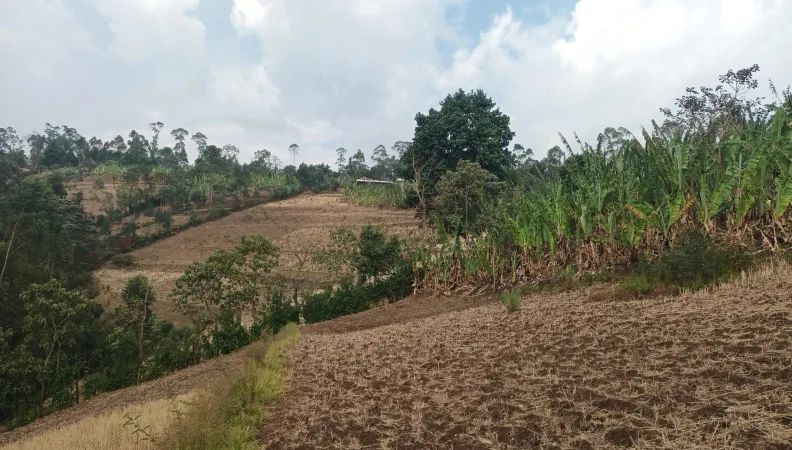Share the page
Ethiopia: Boosting Sustainable Farmland - and Farming Family Incomes
Published on

In southern Ethiopia, a project led by the NGO Inter Aide and supported by Agence Française de Développement aims to increase the resilience and incomes of small family farms. It is also improving access to drinking water, an essential resource during the current epidemic.
In Ethiopia, the agriculture sector is a major pillar of the economy. Dominated by subsistence farming (three in four farms are small family farms), it currently faces a number of threats, such as population growth and lower productivity caused by deforestation, overgrazing and the loss of farmland.
To turn this situation around, for 15 years, the NGO Inter Aide has been developing alternative solutions for sustainable small-scale farming. They combine soil conservation and biodiversity, which has provided incomes for family farms and contributed to an increase in productivity.
AFD has renewed its support to Inter Aide with a €5 million four-year grant for 40 watersheds in 20 woredas (districts) and three administrative area, located in the mountains, at an altitude of over 1,900 m in the Southern Nations, Nationalities and Peoples Region.
Increase in family incomes
The project aims to reduce soil erosion and increase the fertility of farmland. This in turn should benefit some 40,000 family farms in the region, which will likely see an increase in their production capacity.
Some 36,000 people will also benefit from a supply of good quality drinking water, while livestock in the region will have secure access to water. Some 2,600 hectares of land will benefit from sustainable management programs for resources and land (including landscaping), which include the conversion to agricultural systems. The association Agronomes et Vétérinaires Sans Frontières (AVSF) is also participating in the project to develop livestock sectors.
Fight against Covid-19
During the current pandemic, Inter Aide has already launched two initiatives to limit the spread of Covid-19 and address the lack of information and false rumors circulating in rural areas about the virus: it has set up hand-washing demonstration centers in the woredas and launched information campaigns on how the virus is passed on, as well as protective measures.
During this global health crisis, access to clean water has become an even greater priority in Ethiopia. Indeed, it removes a potential source of infection and allows basic hygiene measures to be put in place, which are the main defense against the disease.
